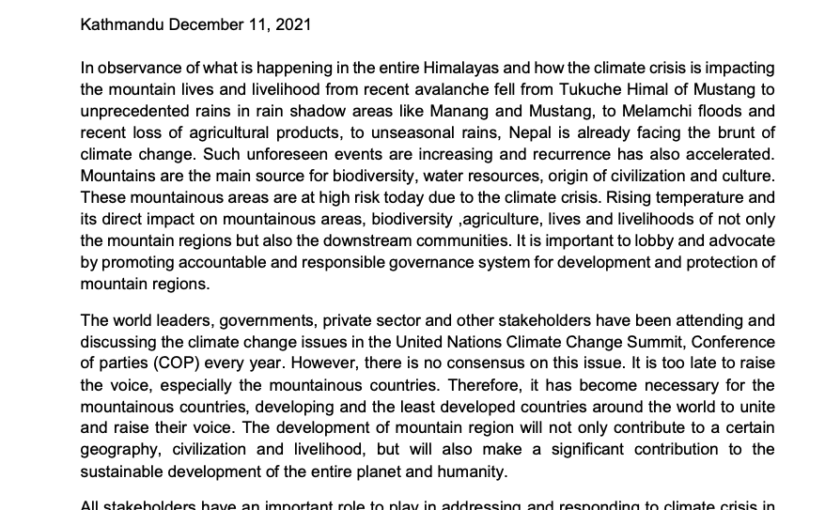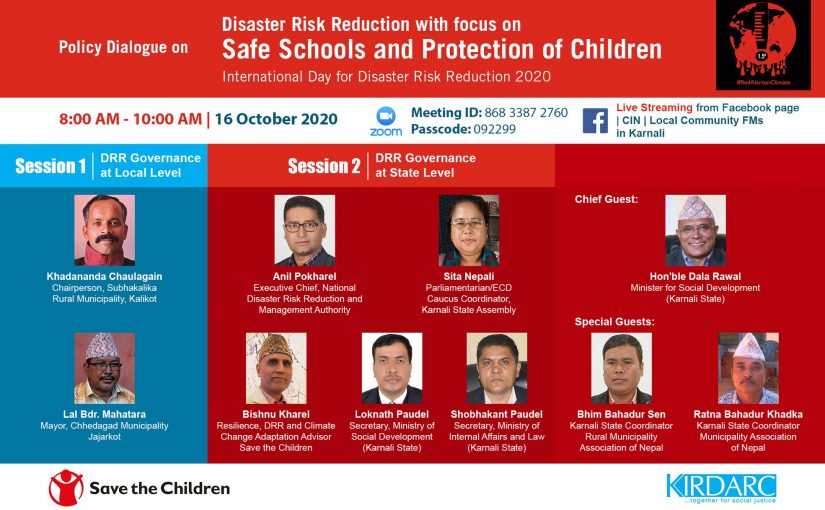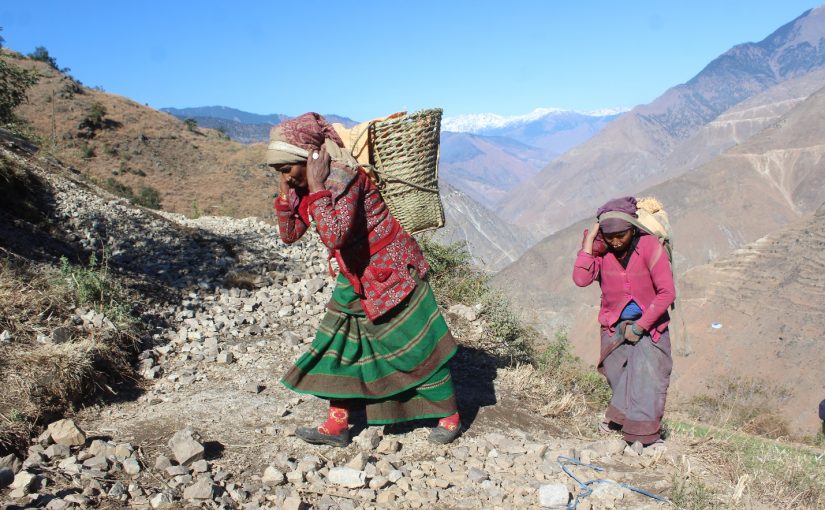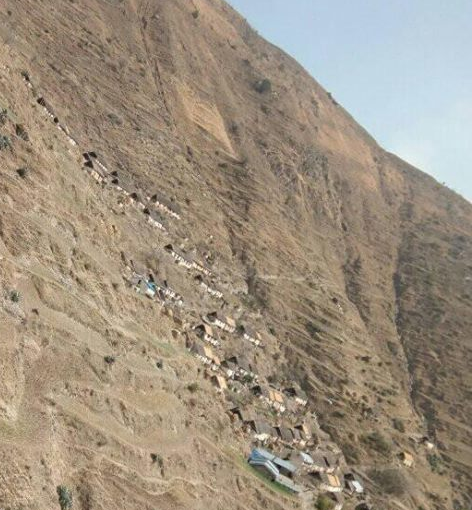COVID-19 has significantly disrupted education. The alarming spread of the virus caused havoc in the educational system forcing educational institutions to shut down. Karnali Integrated Rural Development and Research Centre (KIRDARC) together with Good Neighbours International (GNI) Nepal organized virtual discussion Impact of COVID-19 on Education: Opportunities and Challenges on 26th of September 2020 on the occasion of SDGs Week of Action and Social Service Week.
Dr. Hari Lamsal, Secretary, Office of Chief Minister, Bagmati Province, Dr. Tulashi Thapaliya, Director General, Center for Education and Human Resource Development, Prof. Dr. Bidhya Nath Koirala Educationist and Dr. Minakshi Dahal, ECCD expert were the panelist of the event. The program was moderated by Journalist Tika Ram Yatri.
The discussion focused on Opportunities and Challenges and Impact of COVID-19, Alternative Learning: Access and its Effectiveness, School Reopening and Preparation etc. The key highlights of the discussion were; the online education and distance learning is dependent on technology, including internet and Wi-Fi, but all of the students don’t have access which widens the gaps in access and quality of education. The government has planned for virtual classes through radios and television as well, however, making an immediate shift to these technologies is really difficult. The majority of students have almost no access to technology; the new measures must be introduced. It was pointed out that the consequences of the school closures on the access to quality learning and learning resources have been significantly widening the gap further between the students who are poor and live in remote parts of the country and those who reside in the urban areas. The alternative learning system should be applied as per the situational analysis of the community, schools, teachers, parents and children not as blanket approach to all. There is need to more focus on engaging students rather than resuming school during the pandemic and the health safety of the children should not be compromised. However, there is high risk of drop out of the students after the pandemic. It could be taken as positive opportunity during the pandemic children should be encouraged to self learn and it could be done without text books and home work. It could be taken as chance to learn life, and moreover engaged them in household works and learn different aspects and dimensions of life and the practical way of living life. Socio emotional part is overlooked so parents and teachers should be alert. Its right time to recognize the skills of children and spend time with them. The curriculum should be linked with local context and the skills of teachers should be enhanced to link with the life learning skills and knowledge. Jitram Lama, Chairperson, NGO Federation of Nepal highlighted the Role of Civil Society Organization to continue the learning of students. Likewise, Pushkar Khati, Member Secretary of Social Welfare Council (SWC) shed the light on role of SWC to achieve goal of SDG-4 in COVID-19 era. Around 80 participants including SMC Federation, Teachers’ Confederation, Students, teachers, NCE Nepal, AIN, Networks, I/NGOs, students, parents, Networks, Education Journalist Group and others attended the dialogue.









0 Comments